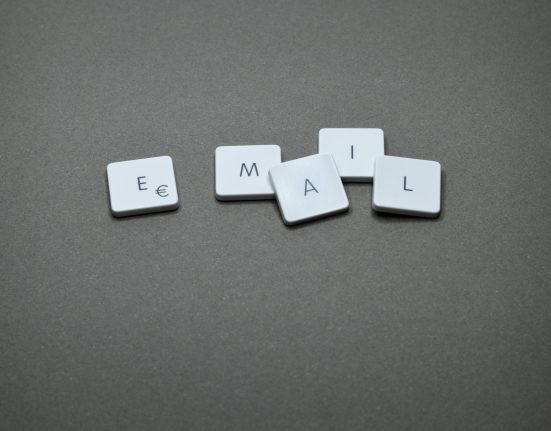The Impact of Email Spoofing on Corporate Reputation and How to Prevent It
In today’s interconnected world, email remains one of the most widely used communication tools in corporate environments. However, its ubiquity also makes it a prime target for cyber-criminals. Among the various email-based threats, email spoofing stands out as a significant risk to corporate reputation, trust, and security.
What is Email Spoofing?
Email spoofing occurs when attackers forge the “From” address in an email header to make it appear as if the message comes from a trusted source, such as a well-known company or an internal employee. This deception is often used in phishing attacks, where recipients are tricked into revealing sensitive information, transferring funds, or clicking on malicious links.
The Impact of Email Spoofing on Corporate Reputation
1. Loss of Customer Trust
When customers receive fraudulent emails that appear to originate from your company, they may fall victim to scams. This erodes trust, as customers may associate the attack with your organization’s inability to safeguard communications.
2. Financial and Legal Ramifications
Spoofing incidents can lead to financial losses for both the company and its customers. Furthermore, businesses may face lawsuits or regulatory fines if they fail to implement adequate email security measures.
3. Brand Damage
Repeated spoofing attacks can tarnish your brand’s image, making it difficult to retain existing clients and attract new ones. Competitors may capitalize on your damaged reputation.
4. Operational Disruptions
Responding to spoofing incidents often diverts resources away from core business activities, impacting productivity and efficiency.
Preventing Email Spoofing
While email spoofing is a complex challenge, businesses can take several proactive measures to minimize risks:
- Implement Email Authentication Protocols
- SPF (Sender Policy Framework): Ensures that only authorized servers can send emails on behalf of your domain.
- DKIM (DomainKeys Identified Mail): Adds a digital signature to emails, allowing recipients to verify the sender’s authenticity.
- DMARC (Domain-based Message Authentication, Reporting, and Conformance): Builds on SPF and DKIM to define how unauthorized emails should be handled (e.g., rejected or flagged).
- Enable TLS Encryption
Transport Layer Security (TLS) ensures that emails are encrypted during transmission, reducing the risk of interception and tampering. - Use Anti-Spoofing Solutions
Invest in tools that can detect and block spoofed emails in real-time. Many solutions also provide reporting capabilities to monitor and analyze threats. - Educate Employees and Customers
Regular training sessions can help employees recognize spoofed emails and follow proper reporting procedures. Similarly, educating customers about your official communication practices can reduce the likelihood of them falling prey to spoofing scams. - Monitor and Protect Your Domain
Use tools to monitor your domain for unauthorized use. Additionally, consider registering similar Domain Names to prevent them from being used in spoofing attempts. - Work with Trusted Email Providers
Partnering with a reliable email Hosting Provider that emphasizes security can significantly reduce the risk of spoofing. Choose providers that offer robust spam filters and Advanced Threat Protection.
The Bottom Line
Email spoofing poses a substantial threat to corporate reputation, but it’s a challenge that can be mitigated with the right strategies and tools. By implementing robust email authentication measures, educating stakeholders, and adopting proactive monitoring, organizations can protect their brand, maintain customer trust, and ensure the integrity of their communications.
Taking email security seriously isn’t just a technical necessity—it’s a critical component of safeguarding your corporate reputation in a digital-first world.

